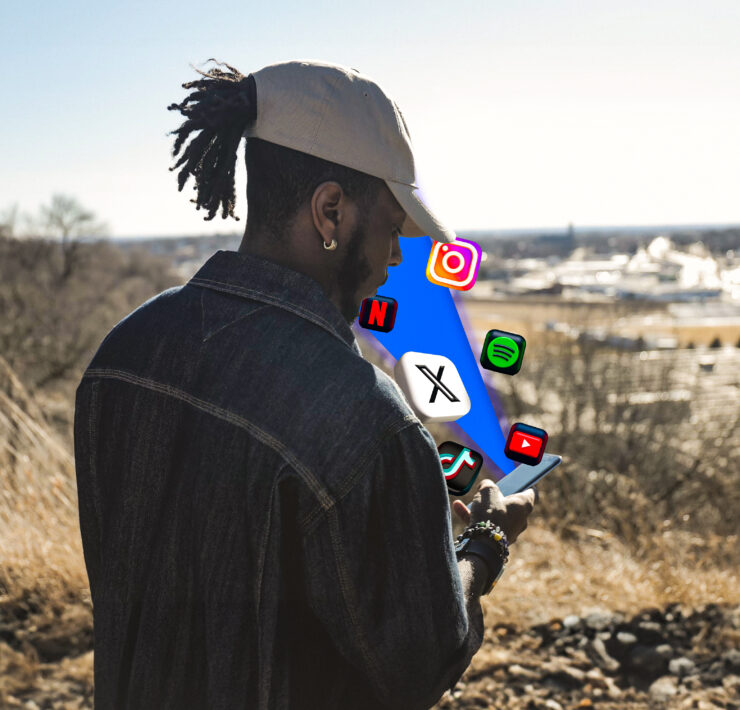
Revolutionary artificial intelligence website ChatGPT is still in its infancy, but it’s already garnering major concern.
Earlier this week, New York City schools announced a ban on teachers and students using ChatGPT. NYC’s education department shared the decision was made out of concern for “safety and accuracy.”
“Due to concerns about negative impacts on student learning, and concerns regarding the safety and accuracy of content, access to ChatGPT is restricted on New York City Public Schools’ networks and devices,” education department spokesperson Jenna Lyle shared in a statement. “While the tool may be able to provide quick and easy answers to questions, it does not build critical-thinking and problem-solving skills, which are essential for academic and lifelong success.”
So what is ChatGPT and why is it generating so much buzz? ChatGPT is an artificial intelligence–based chatbot created by OpenAI, a San Francisco–based research lab. The chatbot relies on AI to generate human–like conversations and text.
OpenAI shared its’ hope for ChatGPT is that it can be used to help with customer service, generate content for websites and blogs, and even help with writing tasks like emails and social media posts. Many users shared that it is hard to distinguish ChatGPT’s writing from a real human. (Although, one man may have figured out how to solve that problem by using an app he created.)
As ChatGPT gains popularity, businesses and organizations are growing incredibly wary. Back in December, Stack Overflow banned ChatGPT for consistently giving incorrect answers to programming questions. And the NYC school system is likely the first of many to implement a ban.
Still, the chatbot, while impressive, has a ways to go. It’s limited in its understanding of context and language, and can be tripped up by common phrases and commands. OpenAI’s CEO Sam Altman has even warned against relying on the chatbot for anything important, as it’s still fairly unsophisticated. But even as ChatGPT improves its’ accuracy, it still has to overcome its human adversaries.






















